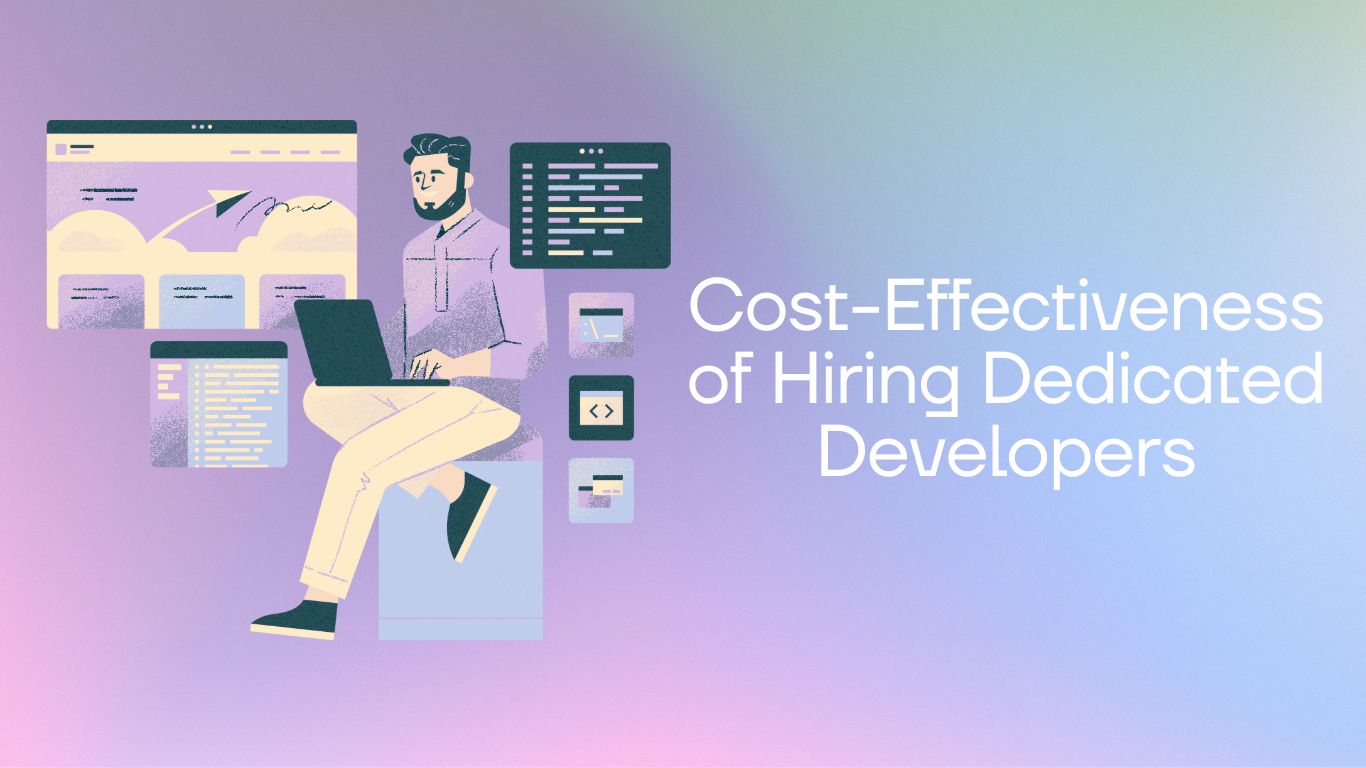Best Mobile App Development Frameworks of 2023
Introduction:
In today's digital age, mobile applications have become an integral part of our lives. Whether it's for entertainment, communication, or business purposes, mobile apps play a crucial role in enhancing our daily experiences. However, developing a mobile app can be a complex task, requiring knowledge of various programming languages and frameworks. That's where mobile app development frameworks come into the picture.
Mobile app development frameworks provide developers with a set of tools, libraries, and pre-built components to streamline the app development process. These frameworks offer a range of benefits, such as code reusability, faster development cycles, and cross-platform compatibility. As we step into 2023, let's explore some of the best mobile app development frameworks that are shaping the industry.
Flutter:
Flutter, developed by Google, has gained significant popularity over the past few years. It is an open-source UI toolkit that allows developers to build beautiful and high-performance applications for mobile, web, and desktop platforms using a single codebase. Flutter's hot reload feature enables developers to see the changes in real time, making the development process highly efficient.
React Native:
React Native, backed by Facebook, is another widely adopted framework that enables developers to build native-like mobile applications using JavaScript and React. With React Native, developers can create apps that are indistinguishable from those built using traditional native technologies. It offers a large ecosystem of pre-built components and has a vibrant community, making it a popular choice among developers.
Kotlin Multiplatform Mobile (KMM):
Kotlin Multiplatform Mobile (KMM) is an emerging framework that allows developers to write business logic once and share it across multiple platforms, including Android and iOS. Developed by JetBrains, KMM leverages Kotlin's powerful features to achieve platform-specific code sharing without compromising on performance or user experience. This framework offers a seamless development experience and simplifies the process of building cross-platform apps.
Xamarin:
Xamarin, owned by Microsoft, is a robust framework for building cross-platform applications. It enables developers to write code in C#, which can be shared across multiple platforms, including Android, iOS, and Windows. Xamarin provides access to native APIs and platform-specific functionalities, allowing developers to create fully native apps. Its integration with Visual Studio makes the development process efficient and user-friendly.
Conclusion:
As the demand for mobile applications continues to grow, it is essential to choose the right mobile app development framework to ensure the success of your project. Flutter, React Native, Kotlin Multiplatform Mobile (KMM), and Xamarin are among the top frameworks that offer powerful tools and features to streamline the development process and deliver exceptional user experiences.
When it comes to mobile app development, it's crucial to partner with a trusted service provider. One such leading mobile app development service provider is AnA Info. With their expertise and experience, AnA Info offers top-notch app development solutions that cater to various industries and business requirements. Whether it's native app development or cross-platform solutions, AnA Info is committed to delivering cutting-edge mobile applications that drive innovation and growth.
Choose the right mobile app development framework and partner with AnA Info to turn your app idea into reality, delivering a seamless user experience and staying ahead in the competitive mobile app market of 2023.






Comments
Post a Comment